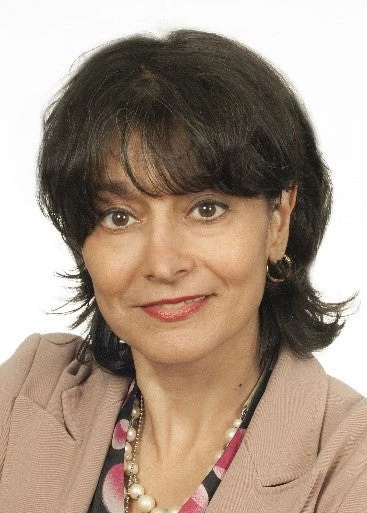
Nsengimana (left) work with children during the recent
"Smart Rwanda Days" conference in Kigali.
Earlier this month, the Government of Rwanda convened a “Smart Rwanda Days” conference, bringing together participants from seven countries. During the two-day event, attendees were asked to “take the pulse” of digital development across Africa – as well as within their own countries – and then set concrete roles and responsibilities for current members of the Smart Africa alliance (Burkina Faso, Mali, South Sudan, Rwanda, Kenya, Uganda, and Gabon). The event was co-sponsored by the International Telecommunications Union, the African Union and several private-sector companies.
- More on Smart Africa: http://www.worldbank.org/en/news/feature/2013/07/17/imagining-a-smart-country-Rwanda
- More on Smart Rwanda: http://smartrwandadays.rw/spip.php?rubrique1
Minister Nsengimana also reported that ICT’s contribution to Rwanda’s gross domestic product exceeded the country’s traditionally dominant agriculture sector.
According to the Rwanda’s latest economic analysis, ICT contributes to 45 percent of foreign direct investment in Rwanda, mostly because of infrastructure and broadband access. ICT also helped generate 80 million mobile money transactions, which is an impressive volume for a largely “unbanked” population. Thanks to mobile money services now offered by three telecommunications operators (MTN, Tigo and Airtel), 67 percent of mobile phone users in Rwanda now have access to a banking solution, and 4.5 million Rwandans are now subscribed to mobile banking services.
ICT is an integral part of Rwanda’s ambitious vision for becoming a middle-income country by 2020, and public-private partnerships are also a key element. Education plays an important role in this process: Carnegie Mellon Rwanda just announced the completion of its first graduating class of computer scientist graduates, with 22 students earning Master’s degrees in information technology.
The conference also featured discussions on digital payments, internet governance, Open Data, job creation and digital innovation. A team from the World Bank Group’s Transport and ICT Global Practice was in charge of the Open Data panel, which offered perspective from a variety of stakeholders.
Watch the Open Data discussion at the Smart Rwanda Days conference
Rwanda will need to ensure ICT capacity and scale up at all levels, which includes offering and encouraging skills development and a range of educational initiatives. The country must also align its policymakers and development partners in a sustained effort to implement, coordinate and build on the different Smart Rwanda components, centered on citizens and society.
Overall, the Smart Rwanda Days conference was a clarion call to mobilize countries to adopt the Smart Africa concepts, as well as strengthen their commitment to fostering the use of ICT as an enabler to further development.
We were extremely pleased by what we saw and heard. As we walked down the shining clean streets of downtown Kigali, we felt very proud of the accomplishments Rwandans have accomplished so far in using ICTs as a pillar for development. Transforming societies and creating education and prosperity opportunities requires massive mobilization of stakeholders and sustained leadership, implementation and attention to details, and Rwanda certainly seems to be on the right track, Smart Africa Alliance will be, we hope, a scaled-up version to all participating countries.
“We are making good progress. We should not take things for granted, we should continue working hard,” President Kagame concluded. “Our thinking is about crossing borders while benefiting others and from others. We may act Rwandan, but we think Africa and beyond.”




Join the Conversation